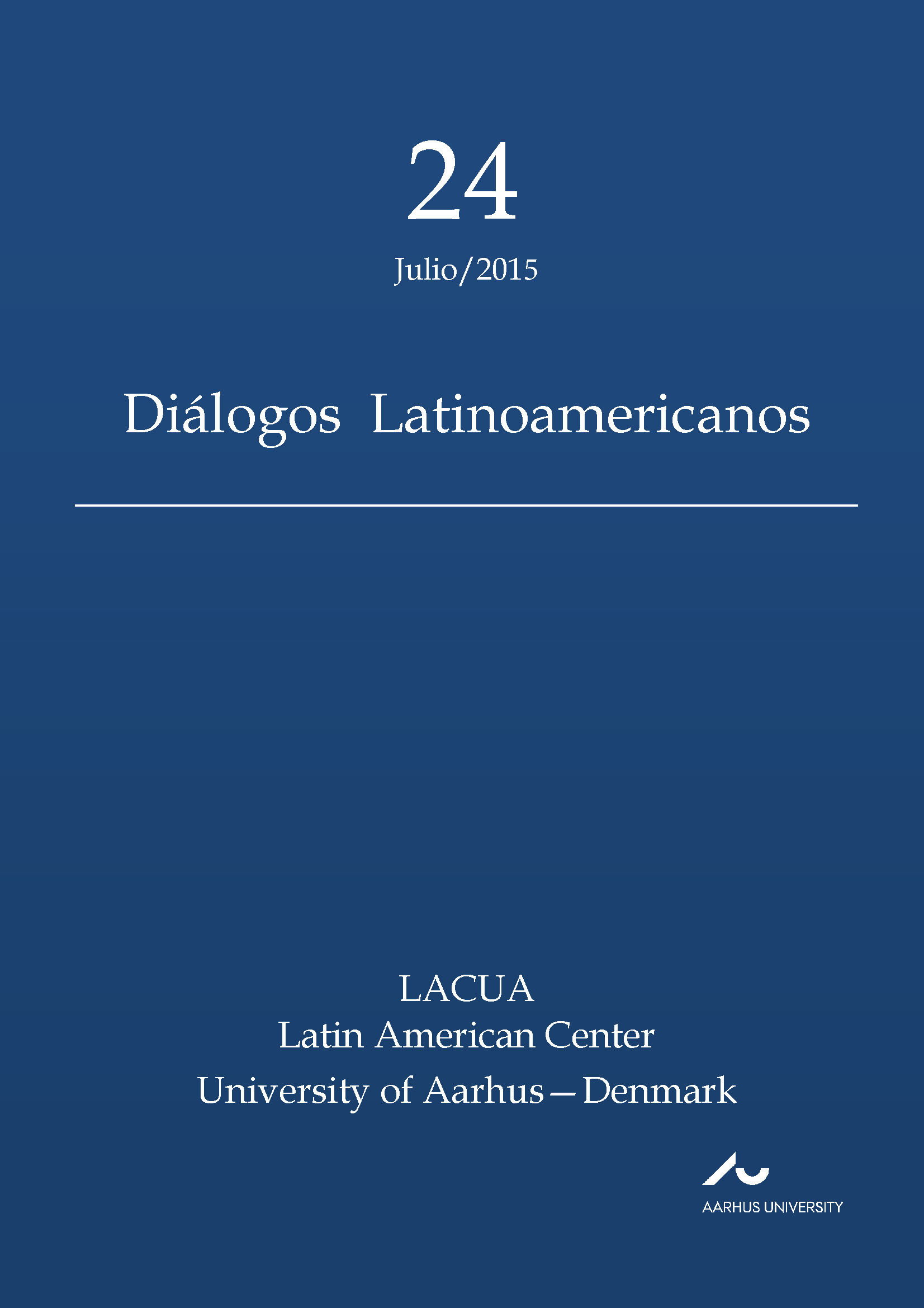El génesis de la cultura represiva de México Moctezuma y Hernán Cortés - Los gemelos malditos -
DOI:
https://doi.org/10.7146/dl.v16i24.113056Keywords:
oppressive culture, Christianisacion, cultural heritage, religious hypocrisy, identity, confrontation and elaboration of the pastAbstract
The essay analyses the corrupted and oppressive culture in Mexico, whose origins,
according to the presented hypothesis, is the defeat of the Aztecs by Hernan Cortes. The
characteristics of this culture were determined by the personal interests of the
conquistadores, their customs, and their duties to the crown of Spain, as well as the reaction
of the defeated: to the destruction of the best of the civilisations of the Anáhuac, was added
the worse of the Spanish culture. As a result, during several centuries, the Spanish have
promulgated the propaganda of the “civilisation of the Indians”, when they themselves and
their descendants, were not at all prepared or capacitated to civilise anybody, and the forced
Christianization was rather a pacification of the Indians, leaving the new society
(authorities, church and population) in a social, economic and political stagnation. Cultural
forms that still hold back the development of the country.
References
publicado).
Morishima, Michio (1994) Why Has Japan Succeeded? – Western Technology And
The Japanese Ethos. Cambridge University Press.
Nietzsche, F. (2012) Frederich Nietzsche & Antikken. Tre ungdomstekster.
Informations Forlag.
Paz, Octavio (1976) El laberinto de la soledad. México D.F.: Fondo de Cultura
Económica.
Plutarch, (2005) Fall Of The Roman Republic. UK: Penguin Books.
Ramos, Samuel (1976) El perfil del hombre y la cultura en México. Espasa-Calpe
Mexicana S. A.
Rousseau, J. J. (2007) The Social Contract - And Other Later Political Writings.
Cambridge University Press.
Sierra, Justo (2003) Evolución poítica del pueblo mexicano. Biblioteca Ayacucho;
Biblioteca Virtual Universal.
Downloads
Published
How to Cite
Issue
Section
License
Counting from volume 31 (2022), articles published in Diálogos Latinoamericanos are licensed under CC-BY 4.0. Read more about the license terms here https://creativecommons.org/licenses/by/4.0/.
No Creative Commons license applied on volumes 1-30. All rights reserved by the authors. Readers may download, read, and link to the articles, but they cannot republish the articles.
With the publication of volume 31 (2022), authors retain the full copyright to their articles and give Diálogos Latinoamericanos the right to the first publication. Authors also retain copyright to earlier versions of manuscripts, such as the submitted (pre-print) and the accepted manuscript (post-print).
Copyright to articles published in volumes 1-30 is held by the authors.





